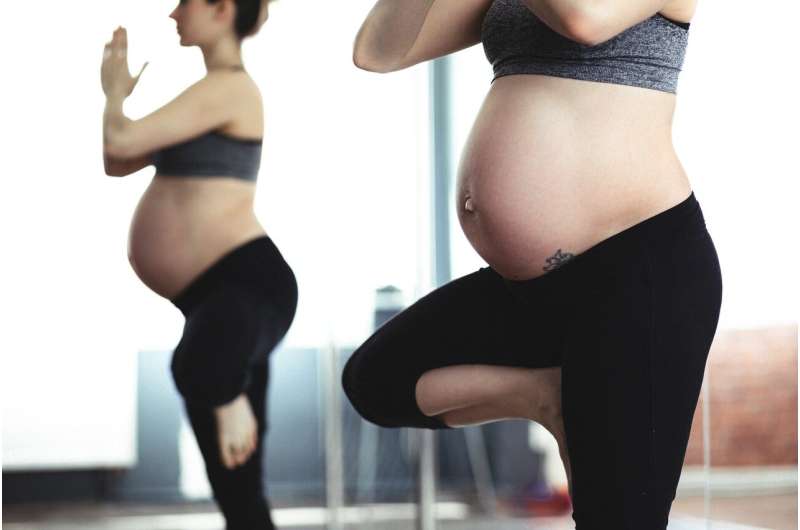Substance in the blood of pregnant women fights pathological immune reaction

A team of scientists from Immanuel Kant Baltic Federal University with their colleagues from the Institute of Ecology and Genetics of Microorganisms of the Ural Branch of the Russian Academy of Sciences (Perm) studied the effect of trophoblastic β1-glycoprotein in the blood of pregnant women on pro-inflammatory immune cells. Thanks to trophoblastic β1-glycoprotein, a woman's body does not adversely react to the fetus and supports its normal development until birth. It turned out that trophoblastic β1-glycoproteins also suppressed the development of pro-inflammatory lymphocytes and reduced their activity. The results of the work could be used to develop medicinal drugs for pregnancy maintenance and treatment of various autoimmune diseases.
For a pregnant woman's body, a fetus is a source of antigens. However, there is a natural protection mechanism that prevents a mother's immune system from fighting the fetus and helps it adapt to it. This happens thanks to a fine balance between the pro-inflammatory and anti-inflammatory components, namely the Th17 and Treg populations of lymphocytes, respectively. Th17 lymphocytes belong to the group of helpers that support other immune cells and are identified by the presence of the CD4 receptor. On the contrary, Treg lymphocytes suppress the activity of the immune system. Treg cells prevail in the normal course of pregnancy and in case of any issues, the count of Th17 begins to grow.
"An increased share of Th17 is associated with preeclampsia, a condition of pregnant women that causes high blood pressure, edema, and protein in the urine and in severe cases may lead to multi-organ failure. Also, high Th17 can be the reason for preterm delivery, miscarriage, or repeated pregnancy loss of unknown etiology. Even when the course of pregnancy is relatively normal, increased Th17 levels can interfere with the development of a baby's nervous system and lead to higher risks of neuropsychic disorders," explained Larisa Litvinova, the Head of the Center for Immunology and Cellular Biotechnology, BFU.
Th17 immune regulation disorders are the cause of autoimmune diseases such as asthma, psoriasis, rheumatoid arthritis, Crohn's disease (chronic intestine inflammation), multiple sclerosis, and many others. However, these diseases can go into the remission stage in pregnant women. The team concluded that the bodies of pregnant women must produce some active substances to fight the inflammation caused not only by the presence of a fetus but also by an actual disease.
These substances are known as β1-glycoproteins, special protein-carbohydrate molecules that regulate congenital and adaptive (or acquired) immunity. The authors of the work tested the effect of these compounds on CD4+ lymphocytes with the specific receptor. To do so, the team took samples of venous blood from healthy 21–39 years old pregnant women. After that, immune cells were separated from the blood and cultivated together with trophoblastic β1-glycoproteins. The method of its preparation was patented at the Institute of Ecology and Genetics of Microorganisms, Ural Branch of the Russian Academy of Sciences.
It turned out that trophoblastic β1-glycoproteins suppressed the division of CD4+ lymphocytes and the production of cytokines by them. Cytokines are small peptide molecules that act as signal agents in cases of inflammation. Based on these results, the authors suggested using medicinal drugs with trophoblastic β1-glycoproteins against pregnancy complications to save the lives and health of both mothers and children.
More information: Valeria P. Timganova et al, The effects of human pregnancy-specific β1-glycoprotein preparation on Th17 polarization of CD4+ cells and their cytokine profile, BMC Immunology (2020). DOI: 10.1186/s12865-020-00385-6





















